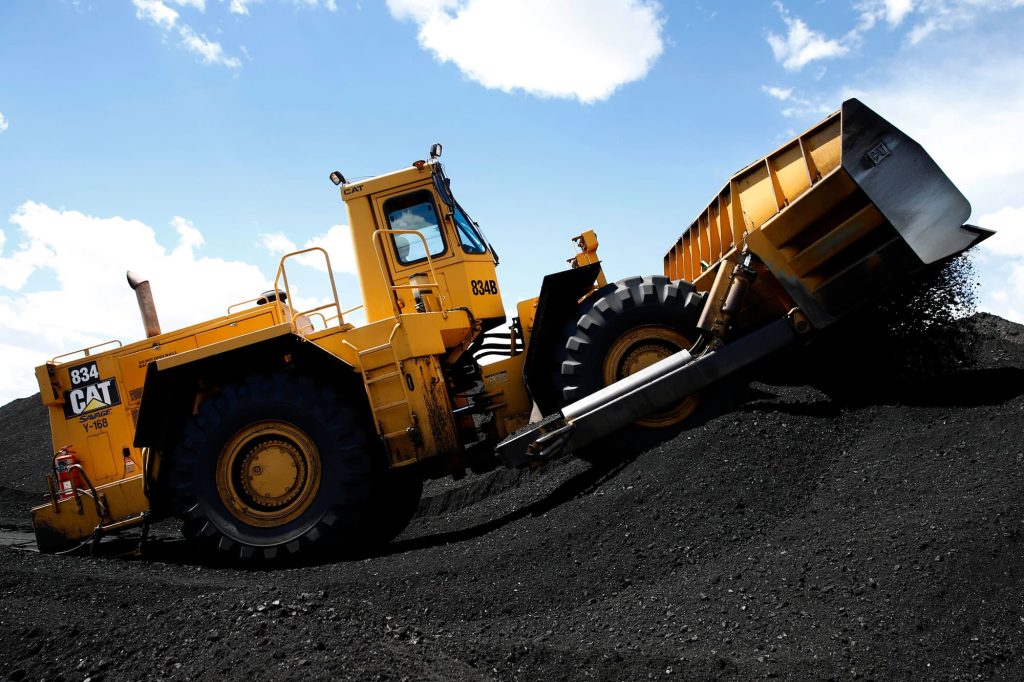Donald Trump Jr. is testifying for a second time in his family’s civil fraud trial in New York on Monday, becoming the first witness called by the defense as the case enters a new phase.
Trump Jr. is former President Donald Trump’s eldest son and a top executive at the Trump Organization. He is also a co-defendant in the civil suit brought by New York Attorney General Letitia James that accuses him, his father, the Trump Organization and other executives of orchestrating a decade-long $250 million fraud scheme by inflating the value of Trump properties and Trump’s personal net worth.
Trump Jr. previously testified in the trial earlier this month, when attorneys from James’ office called him to the stand to face questions about financial statements at the heart of the case. The state rested its case last week, and Trump Jr. returned as a witness for the defense on Monday.
“I’d say it’s good to be here, Your Honor, but I’m afraid the attorney general would sue me for perjury,” Trump Jr. said at one point.
Donald Trump Jr.’s testimony
In his early testimony, Trump Jr. hyped the family company and what he called his father’s “genius.” Responding to prompts from a lengthy slideshow presented by the defense team, Trump Jr. discussed the Trump Organization’s history and many of the properties Donald Trump has bought or developed.
“He’s an artist with real estate,” Trump Jr. said of his father, later adding, “That is his canvas that he creates. He is a creative guy, and he’s also good at building.”
Trump Jr. cited what he said was his father’s unusual “vision” toward projects on multiple occasions. Lawyers for the state objected to the presentation, which included dozens of slides, but New York Judge Arthur Engoron rejected their effort.
“I think it is relevant to get the historical perspective. I want no further objections on that,” the judge said.
Earlier in the case, and during pretrial hearings, attorneys for the Trumps sought to explain seemingly inflated valuations as a product of Donald Trump’s “extraordinary” vision. They said his valuations were ultimately shown to be accurate as properties grew in value. Trump Jr. asserted a similar explanation Monday.
“My father was on the leading edge of creating … value,” Trump Jr. said.
He described a series of properties that he said were in disrepair when Trump bought them, saying his father “saw the potential.” The judge in the case has previously rejected an argument put forward by the defense that Trump’s inflated valuations were justified because the properties later became more valuable.
As in Trump Jr.’s previous appearance during the testimony, he joked frequently, stopping to comment on the court sketch artist’s work and remarking on the stand about photos of himself and brother Eric Trump.
“I would have so much fun with that picture, but I will refrain. A lot of photoshop,” he said at one point, when Eric Trump was shown on the screen, about 70 slides in.
Trump Jr.’s earlier testimony
Trump Jr. was previously called to the stand on Nov. 2 and Nov. 3, when the state called him to the stand. He testified he relied on the Trump Organization’s accountants to prepare the so-called statements of financial condition detailing their father’s assets.
The defense did not question Trump Jr. at the time. His siblings Eric Trump and Ivanka Trump, and father, former President Donald Trump, were also called to the stand after Trump Jr.’s first appearance.
The younger Trumps downplayed their roles in preparing the financial statements. Engoron concluded in a pretrial ruling in September that the documents fraudulently overstated Donald Trump’s wealth by billions of dollars, and the value of certain properties by hundreds of millions of dollars. James’ office is arguing that doing so allowed his family and company to cut deals with banks and insurers for significantly better terms than the Trumps otherwise would have received.
Trump and his co-defendants have all denied wrongdoing. The trial is proceeding on other allegations, including falsification of business records and conspiracy. The judge is also being asked to determine “disgorgement,” or the amount the state should receive for “ill-gotten” gains.


